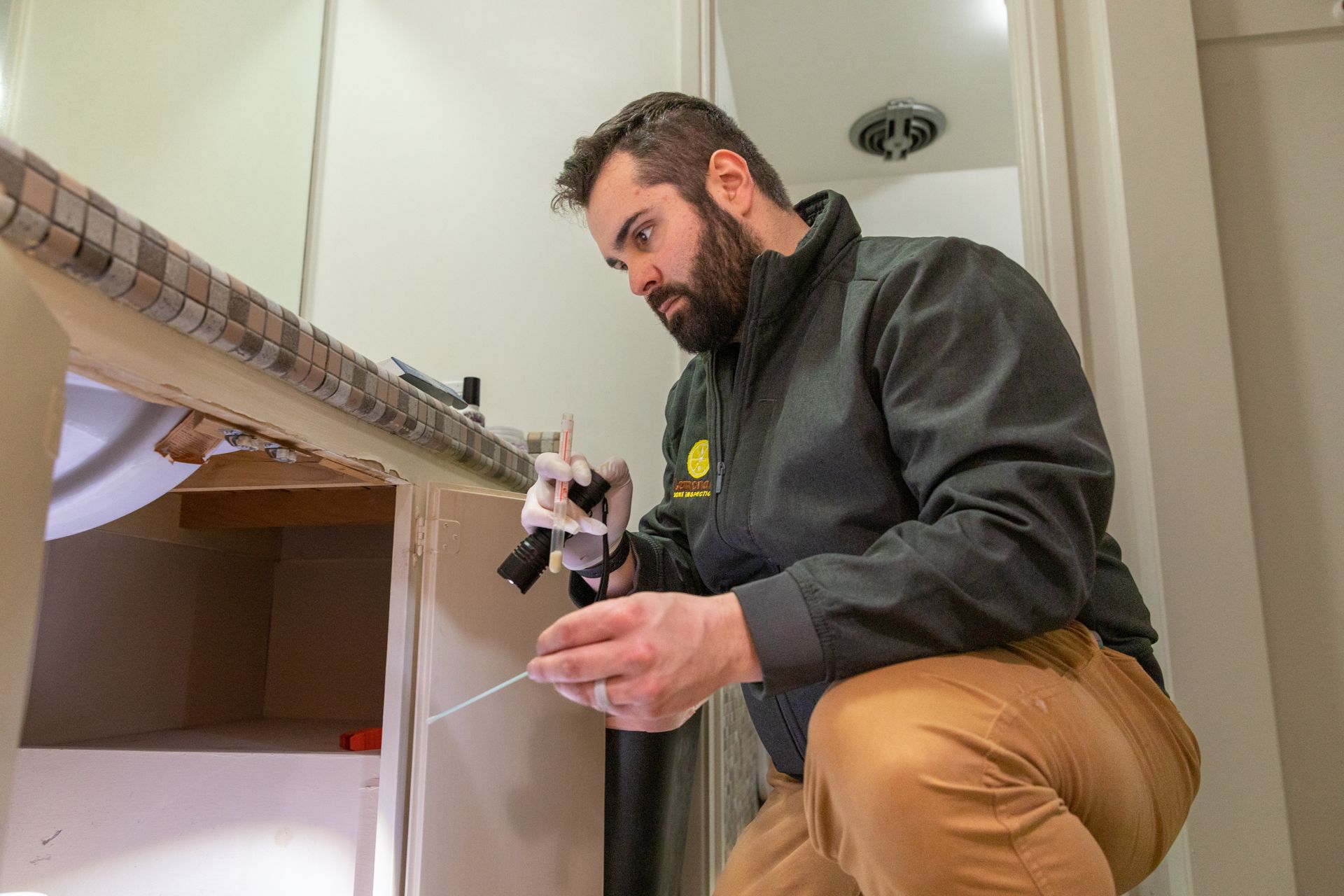Unveiling the Truth: Dispelling Common Misconceptions About Home Inspections
Home inspections play a crucial role in the home buying and selling process. However, many misconceptions surround home inspections, which can lead to confusion and misunderstandings. In this blog post, we will debunk some popular home inspection myths and clarify the facts to help you make informed decisions when buying or selling a property.
Myth 1: A Home Inspection is the Same as an Appraisal
Fact: A home inspection and an appraisal serve different purposes. A home inspection is conducted by a licensed home inspector to evaluate the property's overall condition, including the structure, systems, and components. An appraisal, on the other hand, is conducted by a licensed appraiser to determine the market value of the property based on factors like location, size, and comparable sales.
Myth 2: New Construction Homes Don't Need an Inspection
Fact: Even new homes can have defects or issues that need to be addressed. Construction errors, poor workmanship, or the use of substandard materials can all lead to problems that may not be immediately apparent. A home inspection for new construction can identify these issues early, allowing the builder to address them before the sale is finalized.
Myth 3: The Home Inspector Will Catch Every Single Issue
Fact: While a professional home inspector is trained to identify a wide range of issues, it's important to understand that no inspection is foolproof. Home inspectors are limited by what they can see and access during the inspection. Moreover, certain issues, such as pests or mold, may require specialized expertise beyond the scope of a standard home inspection.
Myth 4: A Passed Inspection Means the Home is Perfect
Fact: A home inspection is not a pass/fail test. Instead, it's a detailed assessment of the property's current condition. A home inspector will identify any issues they observe and provide recommendations for repairs or further evaluation. Even a well-maintained home may have some minor defects or areas that need attention, but that doesn't necessarily mean the property is a bad investment.
Myth 5: You Don't Need to Attend the Home Inspection
Fact: While it's not mandatory for you to attend the home inspection, doing so can be highly beneficial. Being present during the inspection allows you to ask questions, gain a better understanding of the property's condition, and receive firsthand explanations of any issues the inspector identifies. This can help you make more informed decisions about whether to move forward with the purchase or negotiate repairs with the seller.
Debunking these common home inspection myths can help you approach the home buying or selling process with a better understanding of the role and limitations of a home inspection. Remember that a professional home inspection is a valuable tool for assessing the overall condition of a property, but it's essential to have realistic expectations and understand the scope of the inspection. By doing so, you can make well-informed decisions and protect your investment.




